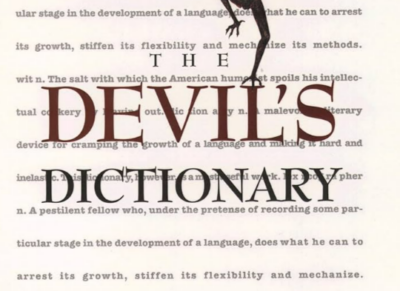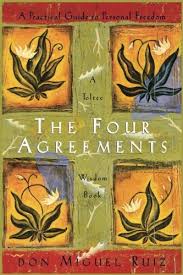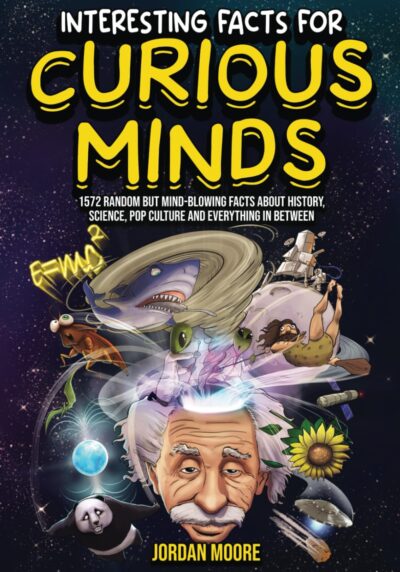54 Results in the "Non-Fiction" category
Biography & Memoir (434)
Books Like (8)
Business & Finance (26)
Children’s Fiction (203)
Dystopian (16)
Education & Learning (9)
Fantasy (1214)
fashion (1)
Fiction (4477)
Health & Wellness (21)
Historical Fiction (504)
Horror (159)
Literary Fiction (788)
Novel (229)
Others (106)
Philosophy (128)
Poetry (208)
Politics & History (131)
Posts (65)
Psychology (46)
Religion & Spirituality (1)
Romance Novel (535)
Science & Technology (82)
Science Fiction (220)
Self-Help & Personal Development (99)
Thriller / Mystery (858)
Travel & Adventure (2)
True Crime (55)
view (96)
Young Adult (284)
-
Chapter
Chapter A
 Chapter A unfolds with Bierce’s familiar edge, starting with Abasement, which he defines not as humility, but as calculated submission—particularly in contexts of employment or authority. Rather than depicting it as a virtue, he recasts it as a social strategy, where people learn to shrink themselves in order to survive power dynamics. The sharpness of the definition cuts through the illusion of dignity in hierarchy. For Bierce, the act of lowering oneself is not noble, but necessary in systems built…
Chapter A unfolds with Bierce’s familiar edge, starting with Abasement, which he defines not as humility, but as calculated submission—particularly in contexts of employment or authority. Rather than depicting it as a virtue, he recasts it as a social strategy, where people learn to shrink themselves in order to survive power dynamics. The sharpness of the definition cuts through the illusion of dignity in hierarchy. For Bierce, the act of lowering oneself is not noble, but necessary in systems built…-
82.1 K • Ongoing
-
-
Chapter
Chapter L
 Chapter L opens with a stark look at Labor, which Bierce describes as an effort not for personal gain but for the benefit of someone else—typically an employer or master. This definition frames labor as a one-sided transaction in which toil and time are exchanged for minimal return, questioning the dignity often associated with hard work. He implies that work, praised as virtuous, often disguises exploitation beneath the language of duty. Bierce’s entry calls attention to how society masks inequality…
Chapter L opens with a stark look at Labor, which Bierce describes as an effort not for personal gain but for the benefit of someone else—typically an employer or master. This definition frames labor as a one-sided transaction in which toil and time are exchanged for minimal return, questioning the dignity often associated with hard work. He implies that work, praised as virtuous, often disguises exploitation beneath the language of duty. Bierce’s entry calls attention to how society masks inequality…-
82.1 K • Ongoing
-
-
Chapter
Chapter M
 Chapter M opens with Bierce’s sardonic interpretation of Mace, not as an ornamental staff of office, but as a relic of violence disguised in symbolism. Once wielded to physically crush opposition, it now merely represents authority—yet the threat it implies has not vanished. Bierce suggests that all symbols of power retain traces of their brutal origins, no matter how ceremonial they appear today. This observation invites reflection on how civilization dresses violence in the robes of civility. The…
Chapter M opens with Bierce’s sardonic interpretation of Mace, not as an ornamental staff of office, but as a relic of violence disguised in symbolism. Once wielded to physically crush opposition, it now merely represents authority—yet the threat it implies has not vanished. Bierce suggests that all symbols of power retain traces of their brutal origins, no matter how ceremonial they appear today. This observation invites reflection on how civilization dresses violence in the robes of civility. The…-
82.1 K • Ongoing
-
-
Chapter
Chapter N
 Chapter N begins with Bierce’s take on Nectar, the mythical drink of the gods, rendered here as a lost recipe that modern drinkers in Kentucky may have accidentally stumbled upon. His tone lightly mocks the human tendency to romanticize ancient myth while indulging in earthly pleasures that serve similar purposes. Bierce transforms nectar from a symbol of divine vitality to a joke about strong spirits, linking the sacred and profane through satire. This sets the stage for the chapter’s interplay…
Chapter N begins with Bierce’s take on Nectar, the mythical drink of the gods, rendered here as a lost recipe that modern drinkers in Kentucky may have accidentally stumbled upon. His tone lightly mocks the human tendency to romanticize ancient myth while indulging in earthly pleasures that serve similar purposes. Bierce transforms nectar from a symbol of divine vitality to a joke about strong spirits, linking the sacred and profane through satire. This sets the stage for the chapter’s interplay…-
82.1 K • Ongoing
-
-
Chapter
Chapter O
 Chapter O begins with Bierce’s sardonic take on Oath, described not just as a solemn vow but as an appeal to a deity designed to scare someone into telling the truth. He points out that its real power comes less from divine authority and more from the fear of perjury and punishment. The deeper suggestion is that society often relies on fear rather than integrity to uphold honesty. Bierce’s view strips the ceremonial dignity from the act and leaves behind a mechanism rooted in human insecurity. The oath…
Chapter O begins with Bierce’s sardonic take on Oath, described not just as a solemn vow but as an appeal to a deity designed to scare someone into telling the truth. He points out that its real power comes less from divine authority and more from the fear of perjury and punishment. The deeper suggestion is that society often relies on fear rather than integrity to uphold honesty. Bierce’s view strips the ceremonial dignity from the act and leaves behind a mechanism rooted in human insecurity. The oath…-
82.1 K • Ongoing
-
-
Chapter
Chapter P
 Chapter P opens with Bierce’s treatment of Pain, which he describes not merely as a physical sensation but as a reminder of life’s imperfection. It is framed not as something to avoid, but something that teaches—unwanted yet often more honest than pleasure. Bierce argues that pain, unlike happiness, demands attention and shapes behavior. In his view, discomfort is more instructive than joy, serving as a sobering influence on human pride. Through this, pain is elevated from nuisance to necessary…
Chapter P opens with Bierce’s treatment of Pain, which he describes not merely as a physical sensation but as a reminder of life’s imperfection. It is framed not as something to avoid, but something that teaches—unwanted yet often more honest than pleasure. Bierce argues that pain, unlike happiness, demands attention and shapes behavior. In his view, discomfort is more instructive than joy, serving as a sobering influence on human pride. Through this, pain is elevated from nuisance to necessary…-
82.1 K • Ongoing
-
-
Chapter
Chapter Q
 Chapter Q opens with Bierce’s definition of Queen, who he presents as a monarch not limited to figurehead or consort. Her presence is shown to possess influence both active and implied, shaping outcomes whether she reigns directly or supports from behind the throne. Bierce suggests that while kings may rule, queens maneuver—often more subtly, and sometimes with greater lasting impact. This nuanced depiction challenges the assumption that power is loud, offering instead the idea that it is often wielded…
Chapter Q opens with Bierce’s definition of Queen, who he presents as a monarch not limited to figurehead or consort. Her presence is shown to possess influence both active and implied, shaping outcomes whether she reigns directly or supports from behind the throne. Bierce suggests that while kings may rule, queens maneuver—often more subtly, and sometimes with greater lasting impact. This nuanced depiction challenges the assumption that power is loud, offering instead the idea that it is often wielded…-
82.1 K • Ongoing
-
-
 The Four Agreements by Don Miguel Ruiz offers practical wisdom for personal freedom, teaching four simple principles to break free from limiting beliefs and find peace: Be impeccable with your word, Don’t take anything personally, Don’t make assumptions, and Always do your best. A powerful, transformative read for personal growth.
The Four Agreements by Don Miguel Ruiz offers practical wisdom for personal freedom, teaching four simple principles to break free from limiting beliefs and find peace: Be impeccable with your word, Don’t take anything personally, Don’t make assumptions, and Always do your best. A powerful, transformative read for personal growth.-
28.5 K • Jan 8, '25
-
4.2 K • Jan 8, '25
-
4.6 K • Jan 8, '25
-
- Previous 1 … 21 22 23 … 31 Next


